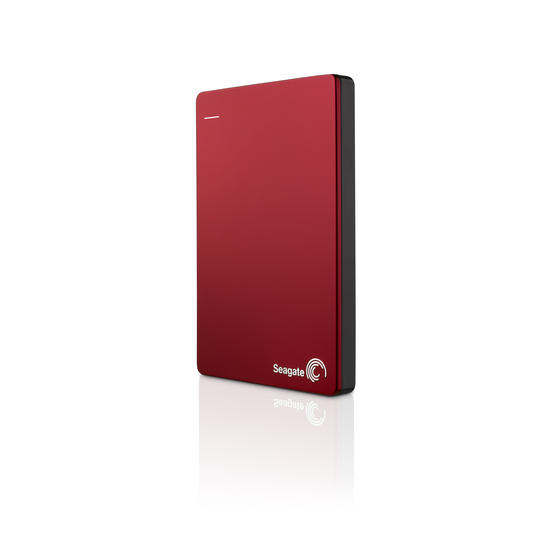According to the hedge fund's 13F filing for the three months ended December 2020, ValueAct Capital's largest holding in its portfolio was Seagate Technology (STX, Financial).
At the end of the reporting period, the hedge fund owned around 30.2 million shares in Seagate, a position worth just under $1.9 billion. It accounted for approximately 22% of assets under management. The second-largest holding in the portfolio after Seagate was Citigroup (C, Financial) with a 19.3% weighting.
However, it looks as if the hedge fund has been liquidating its position in Seagate over the past few months, exiting what has been an incredibly profitable trade.
ValueAct and Seagate
According to filings, the activist hedge fund started building a position in the data storage enterprise during the second quarter of 2016.
It started with a position of three million shares. Over the next few quarters, it gradually increased its position to 14 million shares in the second quarter of 2017 and then 31.6 million shares by the second quarter of 2019.
The company and the hedge fund immediately struck it off. At the end of 2016, ValueAct was given an "observer board" position, giving it access to directors but no voting power. The company also worked with the hedge fund to help it increase its holding. Seagate wanted ValueAct to come on board based on its record of "creating long-term value for the companies in which they invest."
Seagate has created value for shareholders during the hedge fund's ownership of its stock. Between 2016 and 2020, net profit increased from $248 million to $1 billion, even as revenues fell from $11.2 billion to $10.5 billion. At the same time, management has been returning significant amounts of cash to investors. From 2016 through 2020, it paid out $3.4 billion in dividends and devoted $3.3 billion to share repurchases.
Huge profits
According to historical 13F reports, ValueAct started buying Seagate at a price of around $25 per share. At the time of writing, the stock is changing hands at $82.40. Over the past five years, including dividends paid to investors, the stock has returned approximately 30% per annum.
It's difficult to tell precisely how much money ValueAct has earned on this holding because we do not know the actual purchase and sale prices. Still, it would appear that the hedge fund has done incredibly well from buying this out-of-favor company five years ago.
It now looks as if ValueAct has decided to begin the process of getting out. We already know that the fund sold off around 1.5 million shares of its holding in the final quarter of 2020. In the first two weeks of January, the fund sold off another 2 million shares. This would have reduced the overall position to around 28 million shares.
Filings also show that the fund disposed of another near 5 million shares at the beginning of March. That would leave 23 million shares. According to my calculations, at Seagate's current stock price, this would leave a position worth around $1.9 billion, roughly the same market value as the holding was worth at the end of 2020.
In my estimation, these sales are most likely either profit-taking or portfolio management transactions. If ValueAct had left the holding at 30.5 million shares, the position would be worth $2.5 billion. The fund has booked approximately half a billion dollars in just four months.
This is an excellent example of how low-growth companies can be profitable investments. Seagate's revenues only declined over the past five years, but the cash-generative business has returned as much cash as possible to shareholders. This has helped the stock produce high total returns.
Buying such businesses at cheap multiples when the rest of the market is looking the other way could be a sound investment strategy.
Disclosure: The author owns no share mentioned.
Read more here:
- Glenn Greenberg's Investment Process: Buy Cash Flow Cheaply
- Mohnish Pabrai's Thoughts on How to Define a Circle of Competence
- David Einhorn's Favorite Value Investment Appears to Be Cheap
Not a Premium Member of GuruFocus? Sign up for a free 7-day trial here.
